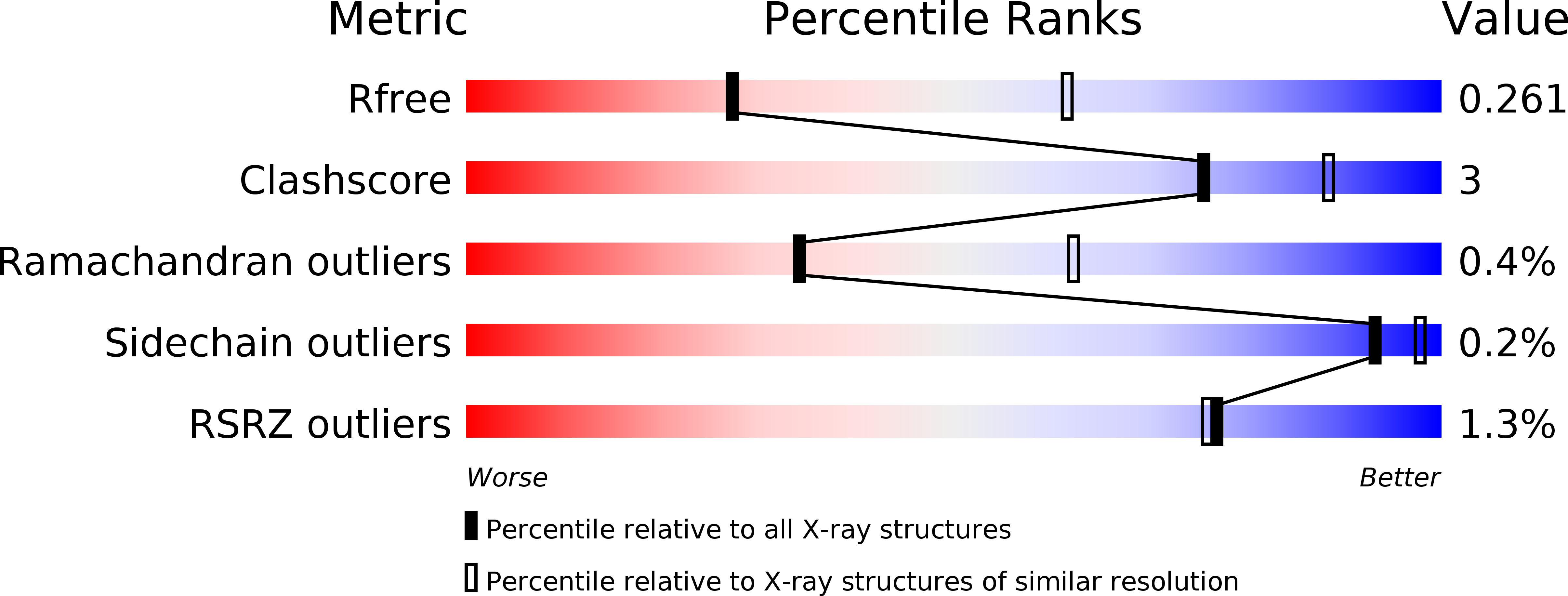
Deposition Date
2016-04-10
Release Date
2016-07-20
Last Version Date
2024-10-23
Entry Detail
Biological Source:
Source Organism(s):
Mus musculus (Taxon ID: 10090)
Streptomyces lividans (Taxon ID: 1916)
Streptomyces lividans (Taxon ID: 1916)
Expression System(s):
Method Details:
Experimental Method:
Resolution:
2.85 Å
R-Value Free:
0.26
R-Value Work:
0.21
R-Value Observed:
0.22
Space Group:
I 4


